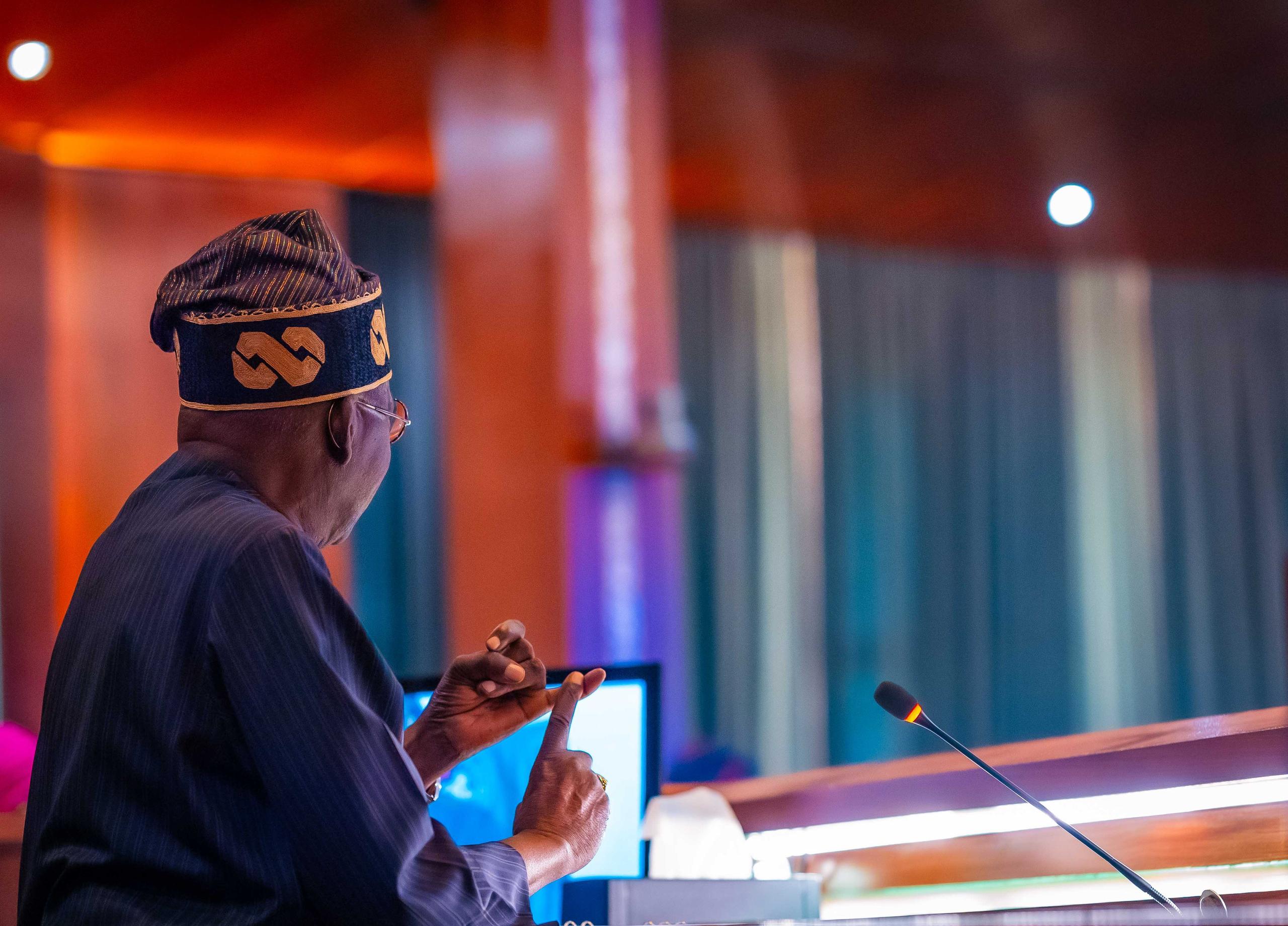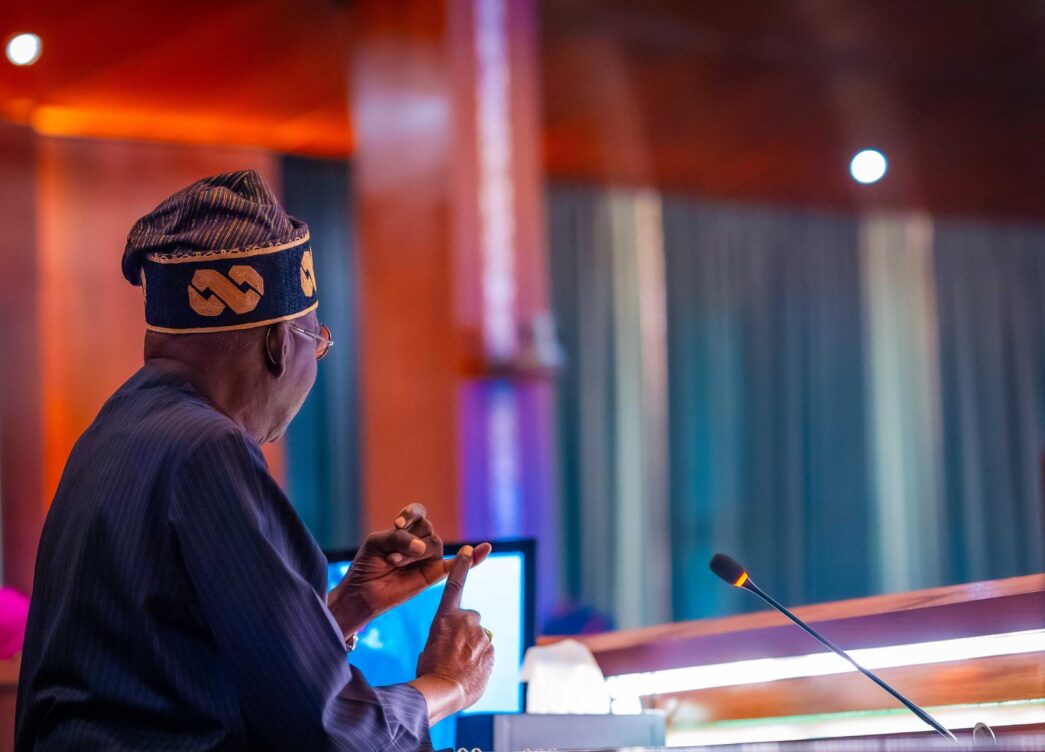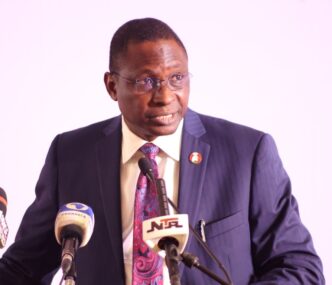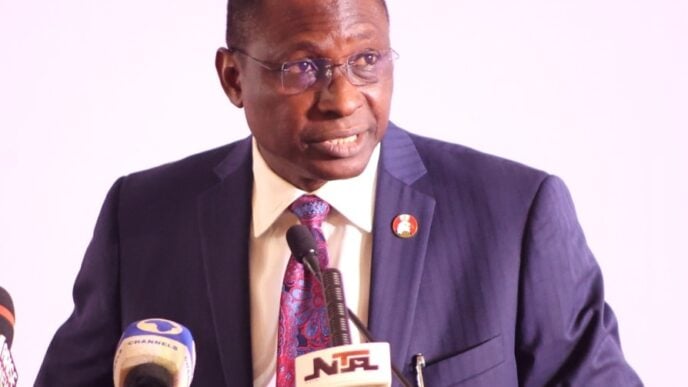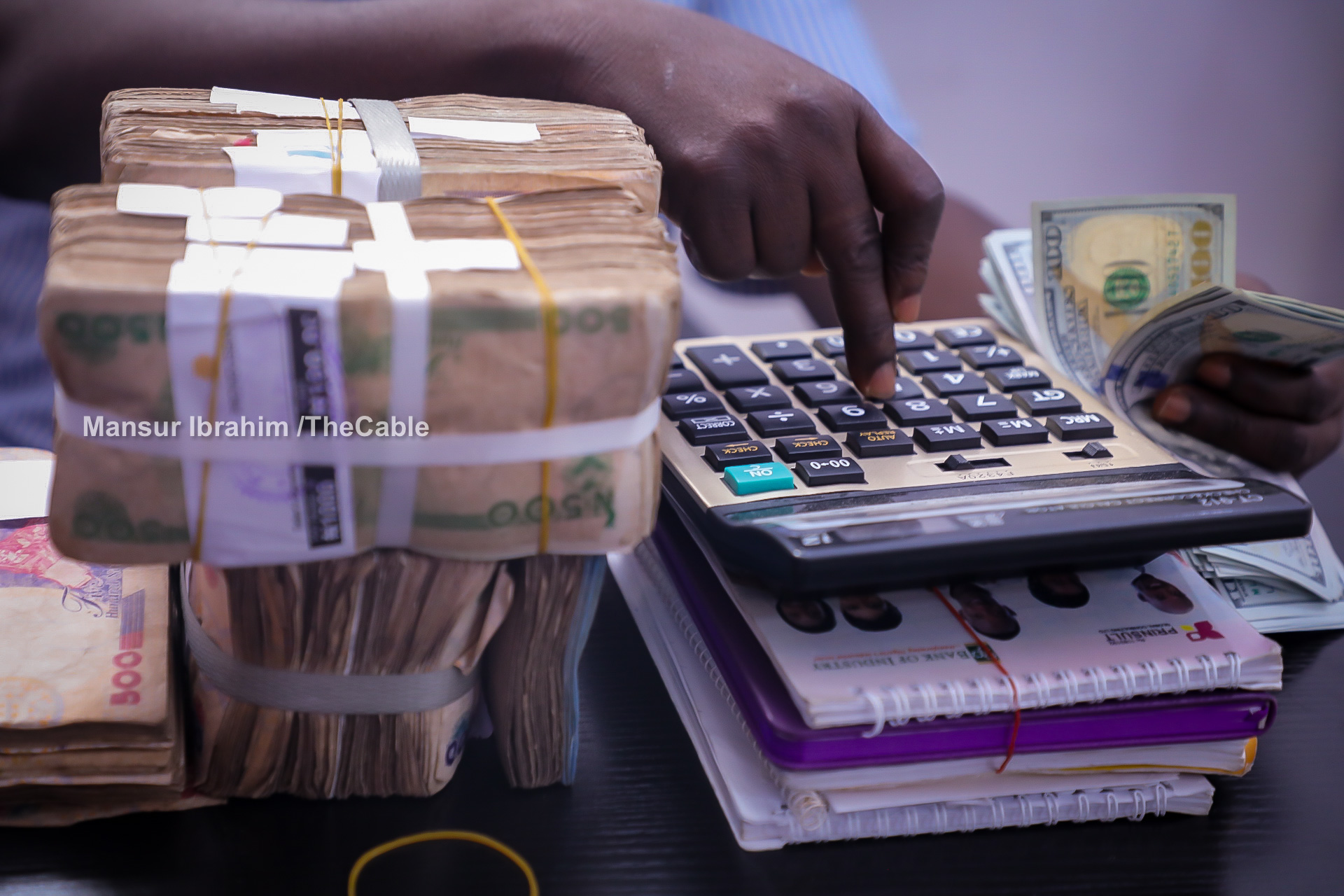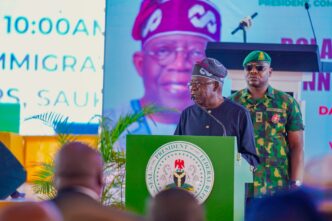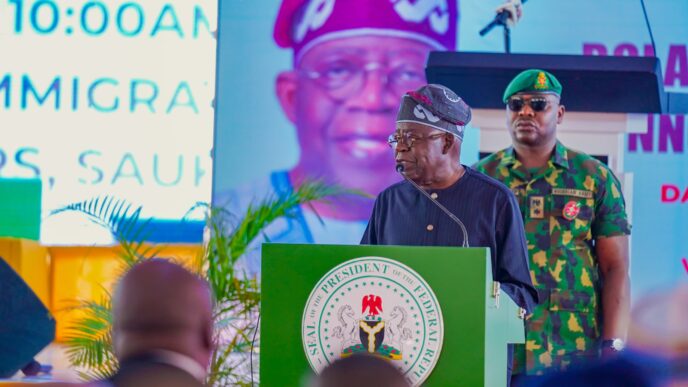BY LAWAL DAHIRU MAMMAN
For 13 years, the Zambian national side had acted as a formidable barrier between Nigeria and footballing success, much like an inspirational goalkeeper. But on a fateful day, approximately 80,000 Nigerian supporters made the pilgrimage to the National Stadium, Surulere, in Lagos, to witness a potentially historic occasion.
That day provided the ultimate platform for the challenge, where Nigeria successfully broke the Zambian jinx that had lasted for over a decade. This is a summary of a piece titled “The Match that Broke the Myth,” written by Uzor Maxim Uzoatu in the 1980s.
Nigeria has participated in international conferences and organised similar events at national and subnational levels. Specifically, national conferences often provide comprehensive reports for implementation after extensive deliberations from stakeholders across the country.
Advertisement
But much like the imaginary soccer team above, which endured losses for 13 years, outputs from our symposia appear to be hexed. Reports are submitted, but implementation remains shelved due to forces akin to the Zambian inspirational goalkeeper.
For enlightenment, two precedents come to mind. Since 1999, President Muhammadu Buhari is notably the only president not to have convened a national conference. The late President Umaru Musa Yar’Adua is exempted, owing to his brief tenure and subsequent nine-month battle with ill health, leading to his passing away.
President Olusegun Obasanjo, in February 2005, convened the “National Political Reform Conference.” The gathering was an avenue to reassess, refocus, redefine, and redesign Nigeria’s political landscape in a way that would strengthen the bonds of unity.
Advertisement
Accordingly, it sought to enhance the processes of democratic consolidation, strengthen structures to solidify values that promote democracy and good governance, and open boundless opportunities for all Nigerians to be and feel part of the evolving political process and socio-economic development.
The committee was encouraged to conduct comparative studies, considering Nigeria’s unique realities, specificities, and historical context, to ensure a comprehensive understanding of the issues at hand during that era.
Four hundred and two delegates attended the conference held between February and July 2005. Copies of the report from that conference were submitted, but nothing substantial happened afterwards.
President Goodluck Jonathan convened another conference in 2014. The panel, headed by retired Chief Justice Idris Kutigi, was tasked with advising the government on the framework for a national dialogue. To achieve this, they consulted widely with Nigerians, ensuring diverse perspectives were represented.
Advertisement
The conference, attended by approximately 500 delegates from across Nigeria, proposed substantial reforms. These included scrapping the current system of 774 local authorities to reduce corruption and save costs, creating 18 new states, revising revenue allocation, decreasing the federal government’s share of national income while increasing those of the states, and modifying the presidential system to include parliamentary elements.
Other key recommendations encompassed power sharing and rotation, specifically advocating that the presidency be rotated and governorship circulated among three senatorial districts in each state. These proposals aimed to promote greater representation, equity, and national unity. However, after passing over 600 resolutions and producing a 10,335-page report submitted to the presidency, the recommendations were never implemented.
On October 1, 2024, President Bola Tinubu, following the tradition of past leaders, addressed the nation. At the time of his national broadcast, the country was unsure whether the sequel to August’s #EndBadGovernance protest, Fearless in October, would hold.
Among numerous announcements, the president declared a National Youth Conference to assemble youths from across Nigeria for meaningful conversations that drive nation-building. Whether this particular aspect of his speech helped shelve the proposed protest remains uncertain.
Advertisement
What is the model for selecting delegates? What would be discussed during the 30-day duration proposed for the conference? While every youth awaits a response, it is pertinent to mention that numerous issues affect the youth, who make up over 60% of the federation’s population.
In economic terms, recent statistics indicate that more than 40% of Nigerian youths are unemployed, leaving millions of young people feeling disillusioned and despondent. This figure could potentially be even higher, considering the ongoing challenges the nation faces in data collection and storage. Will this pressing issue be discussed at the conference?
Advertisement
According to the National Bureau of Statistics (NBS), a staggering 63% of the population—approximately 133 million individuals, nearly six in ten Nigerians—live in multidimensional poverty, with the majority being youths. Will poverty be a subject on the conference’s agenda?
With limited access to quality education due to inadequate infrastructure, scarce resources, and a lack of strong support systems, the dreams of many remain unfulfilled. The student loan scheme through the Nigerian Education Loan Fund (NELFUND) does not cover the 20.2 million uneducated young Nigerians, according to the United Nations Educational, Scientific and Cultural Organisation (UNESCO). Will this also be a subject of debate?
Advertisement
The National Drug Law Enforcement Agency (NDLEA) reported in 2023 that approximately 14.3 million Nigerians are involved in drug abuse, predominantly young people. Regrettably, one in four women also participate in this harmful practice. Given its consequences, including widespread unproductivity and elevated crime rates, this critical issue merits discussion at the conference.
Despite youth affirmative action policies aimed at ensuring 30% representation in the public sector—including federal and state executive councils, boards of parastatals and agencies, and local government councils—and 35% representation in political party leadership positions, electoral bodies, and legislative assemblies for individuals between 18 and 35 years, there remains a significant issue of gross misrepresentation and inadequate youth participation in governance and decision-making.
Advertisement
A host of other issues also affect Nigerian youth, including migration for greener pastures, cultural limitations, child marriage and early pregnancy, cybercrimes, youth radicalisation, the place of young Nigerians in science, technology, engineering, and mathematics (STEM), as well as the erosion of cultural identity and values. These are all worthy of deliberation.
As of the time the president promised to work toward modalities for this conference and the selection of delegates in “close consultation with our young people through their representatives,” scepticism looms large.
At the State House in Abuja earlier this month, the president inaugurated the planning committee of the National Youth Conference, tasking the youths—whom he described as the “heartbeat of the nation”—to seize the opportunity to redefine their future. Nigerians keenly await the modalities that will be set by the committee.
Our hopes lie in the words of Eric Teniola, a seasoned columnist, who said after the 2014 National Conference: “A conference will not solve all our problems, but it will give us a platform to exchange ideas and maybe iron out our differences. A conference may halt our present drift to anarchy.”
Therefore, it is our hope that this National Youth Conference, proposed by the president and his team, will be ‘The Conference that Breaks the Myth’ of unyielding conferences in Nigeria.
Lawal Dahiru Mamman writes from Abuja and can be reached at: [email protected]
Views expressed by contributors are strictly personal and not of TheCable.
Add a comment
